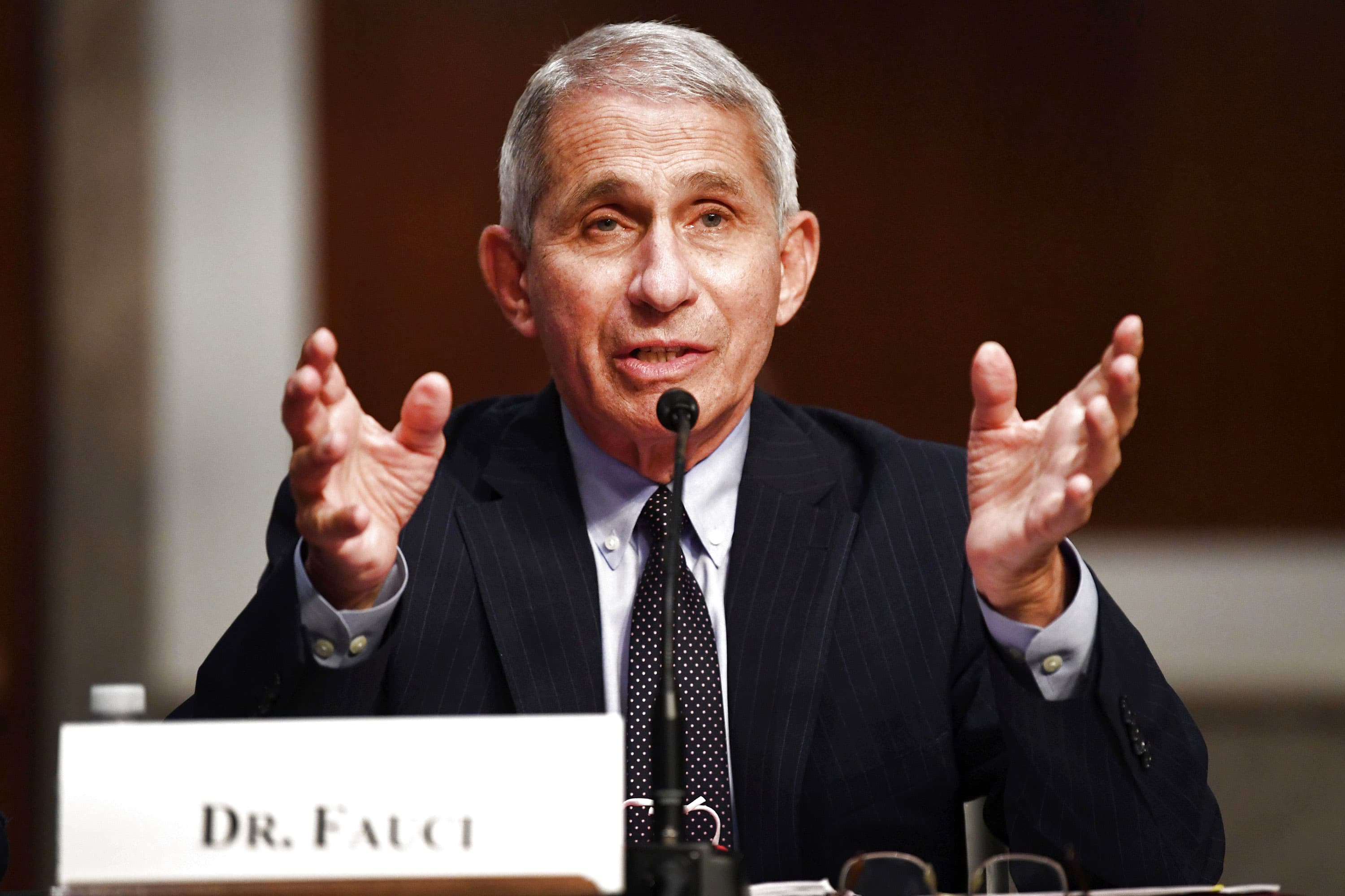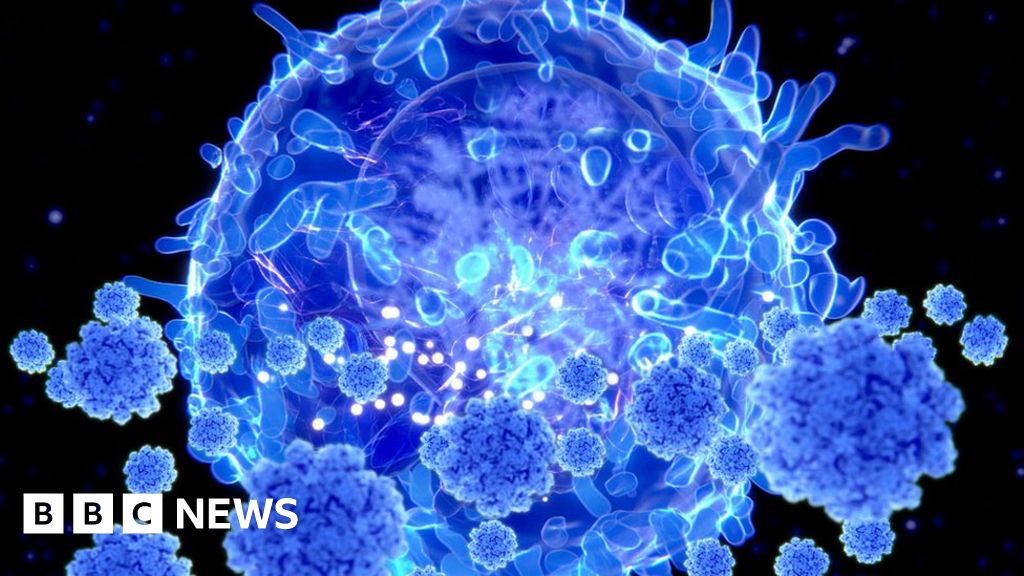It Is Time to Address Airborne Transmission of Coronavirus Disease 2019 (COVID-19) (academic.oup.com)
In an open letter published in the journal Clinical Infectious Diseases, scientists write that studies "have demonstrated beyond any reasonable doubt that viruses are released during exhalation, talking, and coughing in microdroplets small enough to remain aloft in air and pose a risk of exposure at distances beyond 1 to 2 meters (yards) from an infected individual."







